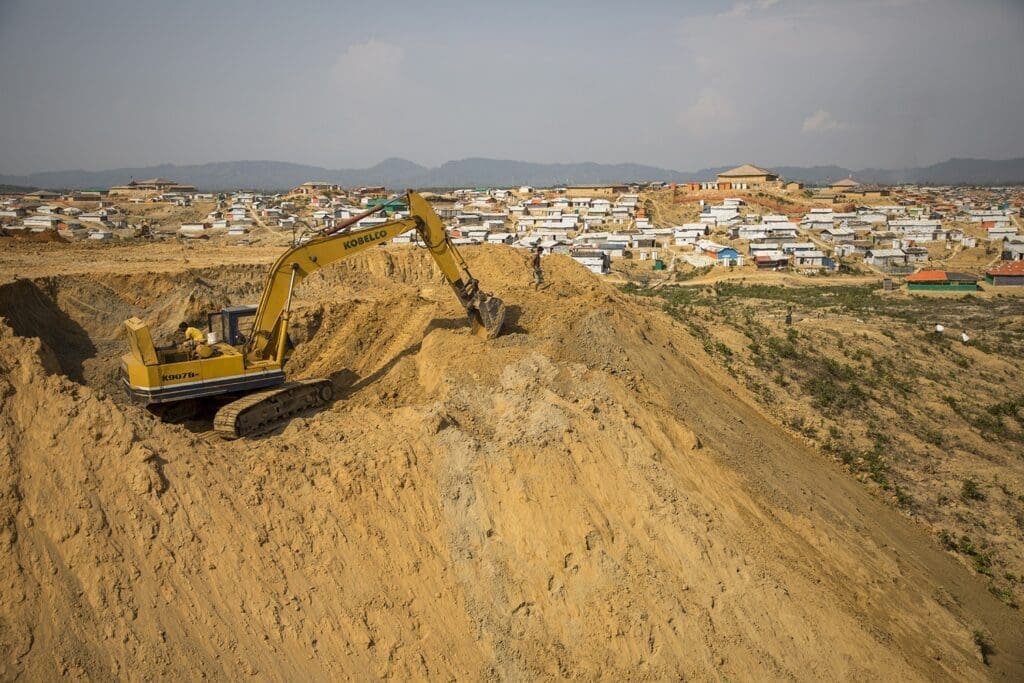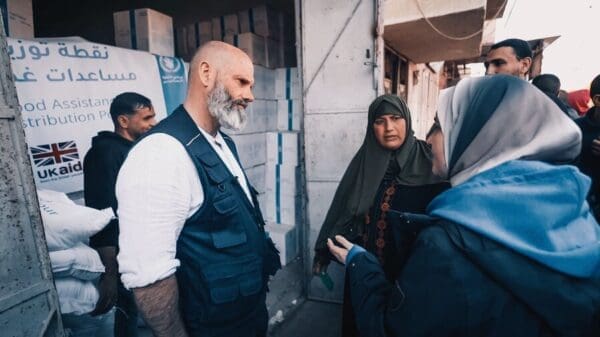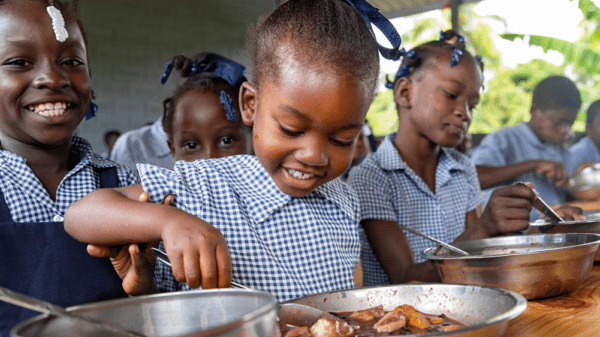
Protecting Rohingya Refugees, Come Rain or High Water
In less than a month, the monsoon season will descend upon Cox’s Bazar in Bangladesh.
Every year, the area is drenched with rain. Intense flooding and landslides sweep away unstable land, leaving families homeless. The rains this year could make Kutupalong—now the world’s largest refugee camp—a milieu of broken shelters.
That’s why WFP is working with partner U.N. agencies on a project to protect Rohingya refugees in harm’s way and ensure access to these communities when the rains begin. Partnering with the International Office of Migration and UNHCR, WFP engineers are part of a group of more than 700 people working to level land for the impending relocation of the most vulnerable.
Many refugees are living in makeshift homes sprawled across precarious hillsides, which are vulnerable to extreme weather. More than 800,000 people in Cox’s Bazar rely on WFP food assistance every month, making reliable access to humanitarian aid vitally important. The area is densely-packed and congested, making it difficult to maintain clean water, sanitation and health services.
“That’s the original camp where we’re going to move some of the people from,” said WFP Deputy Chief Engineer Michael Ryan. “A lot of them are tightly bunched together, there’s quite steep slopes. A lot of these slopes are going to fail and result in conditions that are not favorable.”
This is just one example of how WFP is leveraging the expertise of its logisticians and engineers to enhance its ability to deliver food to Rohingya families in need. WFP staff has been extending vital roads across the camps while building the foundation for a quarter-mile bridge from England to allow humanitarian aid and people to safely cross the principal waterway in Cox’s Bazar.
“I call it a lego bridge,” said Daniela Villar, a WFP engineer in Bangladesh. “When it’s ready, you launch it from that side to this side.”
In exchange for cash to buy food, refugees are working with WFP to fortify embankments and clear drainage channels to reduce the risk of landslides and flooding.
“It’s imperative we finish all of this work before the full rains come,” Villar said. “And for that we need your support.”




